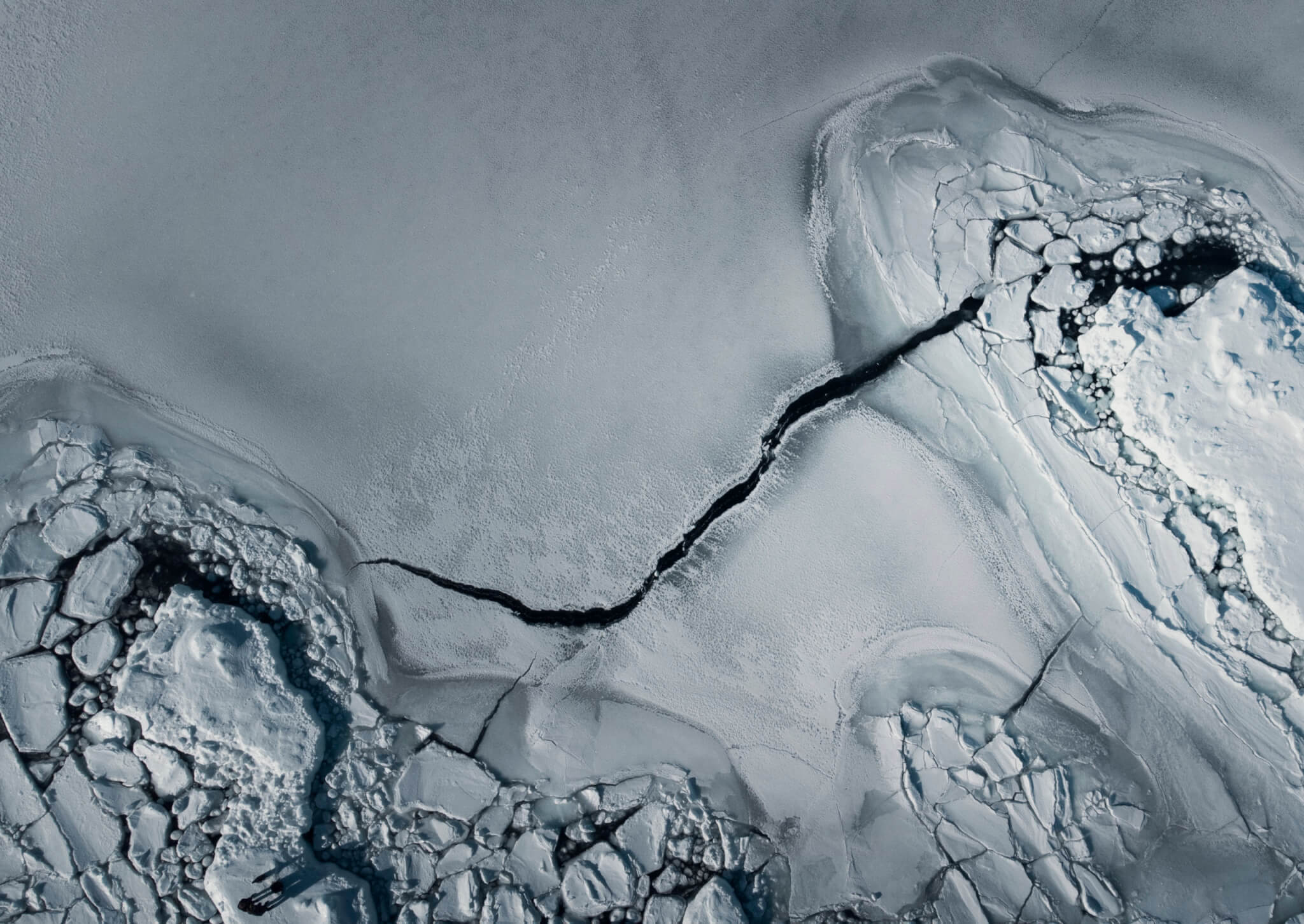Sharing the same vision, compassion and drive to expose injustice in the world, journalist Yvonne Dudock and photographer Nicole Franken started the multimedia platform Indigenous People Today. With this platform we tell the up close and personal stories about resilience, resistance, and complexity that often go unseen – far beyond statistics or simplified narratives.
Through long reads, photography, video documentaries, and the book Survive, we explored how rising temperatures, environmental degradation, and disrupted ecosystems threaten not only livelihoods of Indigenous peoples, but also their cultural identity, spiritual connection to the land, and ancestral ways of life. These stories were not just about loss – they were about strength, resistance, and adaptation.
A second series followed with stories from around the equator, where sea level rise, salinization and desertification are taking place and affecting the lives of small communities.
Building on our foundation of exposing injustices around the world, we now turn our attention to another urgent and underreported crisis: human trafficking.
Indigenous peoples around the world are disproportionately vulnerable to this form of exploitation, which often stems from colonization, land dispossession, poverty, marginalization, and lack of legal protection. With this new series, we explore how systems of exploitation are created and sustained, how they impact Indigenous peoples, and, most importantly, how they fight to resist them.
From Peru to Canada, Morocco to the Philippines, we tell stories that expose injustice and honour those who stand up to it: women demanding justice, communities rebuilding after loss, and young people redefining their futures.
Through independent journalism, visual storytelling, and collaborations with media outlets like Trouw, De Groene Amsterdammer, Vrij Nederland, and the Wereldmuseum Amsterdam, we give a voice to those who are rarely heard. Their personal stories expose injustice and resonate deeply. In doing so, we contribute to the fight for dignity, autonomy, and truth.



